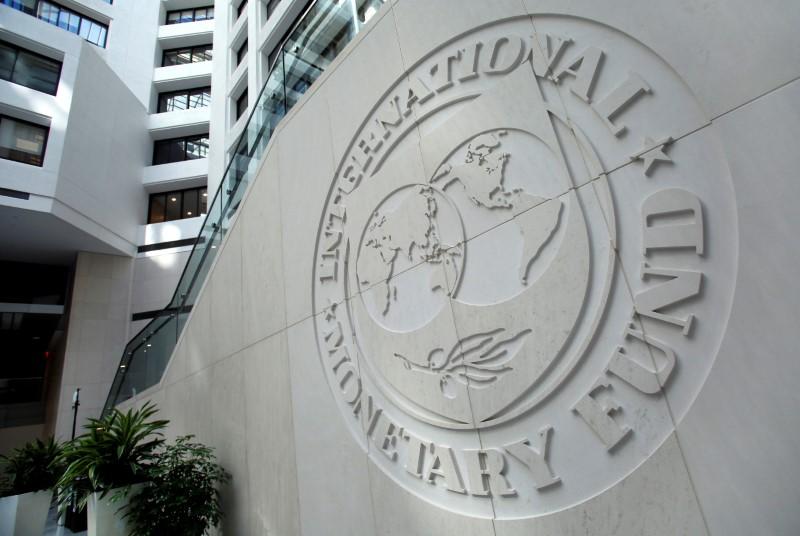KUALA LUMPUR: A major push for structural reform in an economy requires strong ownership by all stakeholders of the reform agenda as well as enhanced dialogue between the government with business and civil society, says the International Monetary Fund.
The IMF said in its blog that while there has been broad agreement on the economic benefits of structural reforms, the political impact is less settled because it would only generate gains in the longer term while inflicting short-term pain on some sectors.
It said those affected might be highly vocal and when this happens, politicians might hold back on reforms for fear they would be penalised at the ballot box.
“Policymakers should factor in any harm reforms might have on income distribution and take well-communicated upfront steps to offset such side effects.
“Strong social safety nets and active labour market programmes that help displaced workers find new jobs can help in this regard, given that reforms often mean simultaneous job creation and destruction,” it said.
In its research, the IMF said reforms are generally benign or even favourable politically when implemented swiftly after elections so that governments could reap the rewards from the medium-term economic gains.
On the other hand, electoral risks are heightened when governments delay and enact reforms on the eve of an election, given short-term dislocation effects often wrought by reforms.
The IMF said reforms do not seem to lead to political costs when enacted at times of robust economic activity whereas it would be more challenging politically under weak economic conditions.
“Even when economic conditions are difficult, though, governments may be able to implement reforms without an electoral penalty. For example, the cases of Spain in 1979 and Peru in 1995 show that crisis periods often present unique reform opportunities that do not necessarily incur political costs.
“What it takes is strong ownership by leaders to build consensus in society that reform with stabilisation is unavoidable. In both cases, new governments instituted reforms during periods of slowing growth and high inflation and were returned to office with solid shares of the vote,” it added. -- Bernama













